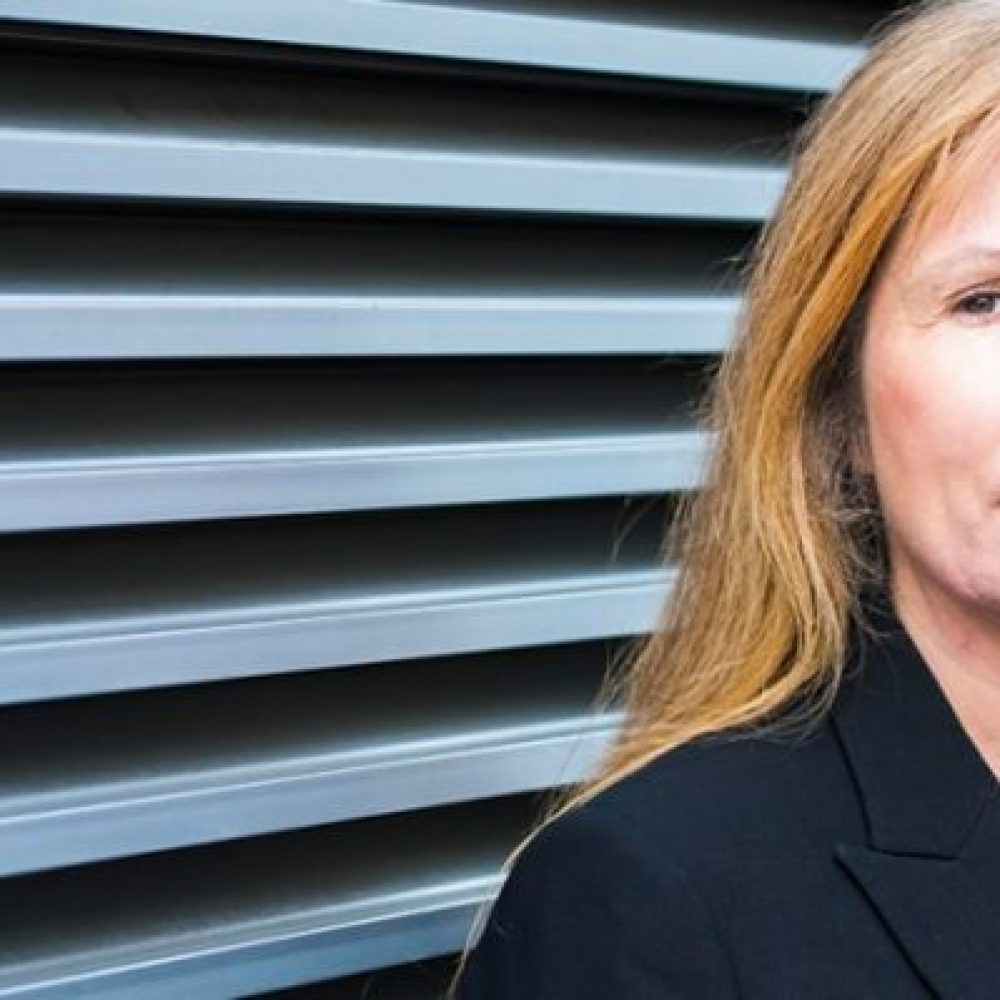Hacking, surveillance, being photographed without consent, defamation campaigns, intimidation – that’s only a small fraction of the harassment that independent journalist Clare Rewcastle Brown was subjected to at the behest of prestigious law firms that orchestrated a campaign against her. These firms outsourced their “dirty work” to PR firms and private and corporate investigators, while at the same time coordinating the multiple civil and criminal claims brought against her in Malaysia and the UK.
Clare’s crime? Uncovering one of the largest corruption scandals in history known as 1MDB – that has the resulted in ex-Prime Minister of Malaysia Najib Razak facing 12 years in prison. The threat of a prison sentence did not prevent the disgraced ex-prime minister from pursuing legal actions against Clare through various intermediaries. The 1MDB scandal has been covered extensively, so the focus of the latest episode of Trouble with the Truth was on Clare herself and the backlash that followed her investigation.
SLAPPs, or strategic lawsuits against public participation, are admittedly confusing and hard to get your head around – perhaps that’s one of the reasons why they don’t often get flashy headlines. The topic was the subject of a detailed report from the Foreign Policy Centre that included testimonies from journalists who were subjected to libel lawsuits. The process will be familiar to many journalists and media outlets: you release a touchy, explosive investigation that involves powerful actors – and find yourself swamped with threatening letters from expensive lawyers. The legal threats often result in retraction and an apology from media outlets, since many don’t have the means to be dragged through endless court trials.
In Clare’s case, she decided to stand her ground, by crowdfunding, cashing out her pension and putting her family home up as collateral. Although she had the relative privilege of being a famous journalist beloved by many – and living in a Western country, it was still a massive gamble. For other lesser known journalists across the world, battling the Goliath of libel laws is much more arduous.
International human rights and media freedom activists around the world are fighting for SLAPPs to be recognised as one of the most powerful silencing tools used against investigative reporters. Considering the substantial role that the army of the UK based legal firms play in so-called libel tourism, it’s time that the politicians started paying close attention to the problem.
“There have to be ways to prevent the criminally wealthy from being able to hire ‘reputation’ lawyer and silence the media,”- said Clare. There is no need to search for solutions, since they already exist. Clare proposed that there should be some kind of ‘block’ between the person or a company upset by the piece produced about them and the direct launch of legal action. One of the options she sees would be to introduce a process whereby complainants submit their complaint to a broadcast commission or another independent body. If there is a first stage that can handle grievances effectively and judge whether a complaint has merit, there may not need be a need to launch libel lawsuits.
It is important to understand that more often than not, actors pursuing libel suits against independent journalists are not simply seeking justice and restoration of their reputation – they intend to destroy anyone who reveals the inconvenient truth about them. This is why we must continue educating the public about the impact that SLAPPs have on free media and carry on lobbying the government for some real solutions.
The new episode of Trouble with the Truth podcast with Clare Rewcastle-Brown is available here.

